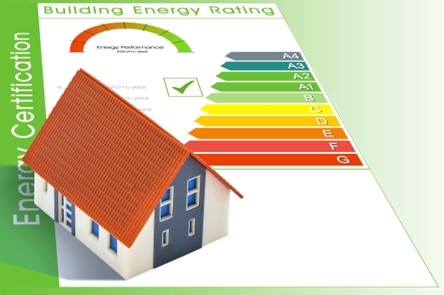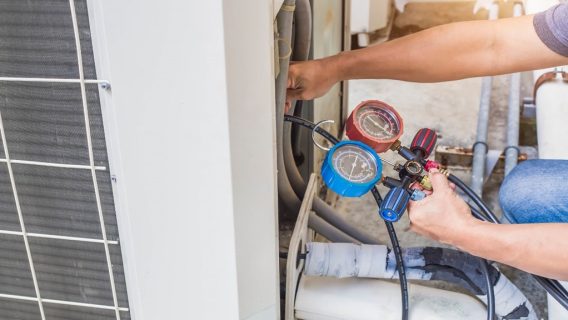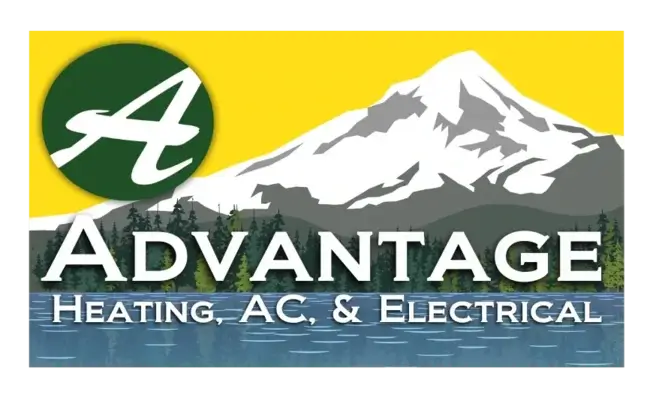2024 SEER Rating Changes In Salem, OR

Everyone appreciates a comfortable, air-conditioned home in the summertime. After all, there’s no better feeling than walking inside on a 90-degree day and being welcomed by a rush of cool air. But have you considered the cost—both financially and environmentally—of air conditioning?
Rising energy costs and increased eco-awareness have brought the topic of cooling efficiency to the forefront. As a result, new air conditioning efficiency standards have been implemented across the United States, impacting your choice of HVAC systems and their long-term cost-effectiveness. Learn how these changes affect you as a homeowner in Salem, OR, and why upgrading your system could be a smart move.
AC Efficiency Ratings in 2024: SEER vs. SEER2
Seasonal energy efficiency ratio, or SEER, gauges the cooling efficiency of air conditioners and heat pumps over an entire cooling season. This ratio measures an air conditioner’s cooling output divided by the total energy consumed. A higher SEER rating indicates a more efficient system, which translates into lower energy bills and reduced environmental impact.
SEER2 is the updated version of this measurement, introduced alongside new testing procedures by the US Department of Energy (DOE). SEER2 is a more accurate representation of efficiency because it accounts for real-world conditions that affect system performance, such as external static pressure. As a result, a system with a 14 SEER rating under the old testing method now has a SEER2 rating of 13.4.
The New 2024 SEER/SEER2 Standards
At the start of the year, the DOE mandated higher minimum SEER ratings for HVAC systems. The requirements vary by region:
- Northern states: The minimum SEER has increased from 13 to 14, which translates to 13.4 SEER2.
- Southern and southwestern states: The minimum SEER has increased to 15, or 14.3 SEER2, for systems less than 45,000 BTUs. Larger systems must be 14.5 SEER, or 13.8 SEER2.
In Salem, OR, located in the Northern climate zone, newly installed systems in residential homes must adhere to the new minimum of 13.4 SEER2. While this is a modest increase compared to southern states, it still represents a noticeable improvement in energy efficiency.

Benefits of Upgrading Your HVAC System
The 2024 SEER efficiency standards only apply when installing a new system. They do not require homeowners to replace their existing equipment. However, upgrading your air conditioner to meet or exceed the latest efficiency standards could be worthwhile. Here are the advantages you stand to gain from your investment:
- Energy savings: A higher SEER rating means your system uses less energy to cool your home, reducing your monthly utility bills. Over time, these savings help offset the initial investment in a new, more efficient system.
- Environmental impact: Using less energy reduces your carbon footprint. This is especially important as Oregon continues to focus on sustainability and reducing greenhouse gas emissions.
- Improved comfort and air quality: Modern HVAC systems with higher SEER ratings often have advanced features, such as better humidity control, quieter operation, and compatibility with more efficient air filters for enhanced home comfort.
- Reliable operation and longer lifespan: If your current air conditioner is over 10 years old, you may have to deal with multiple repairs every summer. Put your money toward a cost-effective upgrade instead, and you’ll enjoy years of reliable performance before having to consider your next AC replacement.
- Increased resale value: Energy-efficient homes are more attractive to buyers. As a result, installing a high-efficiency HVAC system boosts your home’s value, making it a smart upgrade if you plan to sell.
Choosing the Right HVAC System for Long-Term Performance
If you decide now is the right time to replace your air conditioner with one that adheres to the new SEER rating standards, consider the following factors to ensure you’re making a wise investment:
- Unit size: The system’s cooling capacity should match your home’s needs. An oversized unit may cool quickly but will cycle on and off frequently, leading to increased wear and tear and poor humidity control. On the other hand, an undersized unit will run constantly and struggle to maintain comfort on the hottest days. A professional load calculation removes the guesswork from sizing an air conditioner for your home.
- Energy efficiency: While adhering to the new SEER ratings is a good place to start, many air conditioners far exceed the minimum standards. Look for the Energy Star label to save at least 8% on your cooling bills over a conventional unit. The most advanced air conditioners on the market use up to 30% less energy than the base 14 SEER/13.4 SEER2 models.
- Installation quality: Even the best system may underperform if poorly installed. Prioritize hiring a reputable contractor who follows industry best practices and adheres to the manufacturer’s guidelines.
- Ongoing care: Routine maintenance in the years following installation will keep your system running efficiently. This includes regular filter changes, professional tune-ups, and timely repairs to avoid larger issues down the line.
Keep Up with SEER Rating Changes in Salem, OR
If you’re looking into replacement air conditioners, Advantage Heating & Air Conditioning can help. We have served the Willamette Valley since 1992, providing high-quality HVAC services at cost-effective prices. Our friendly and knowledgeable technicians can help you navigate these new efficiency standards and select the best HVAC system for your home. Whether you need an upgrade, routine maintenance, or emergency services, we’re here to ensure your home remains comfortable year-round. Contact us today to request an AC installation estimate in Salem, OR, or the surrounding areas.







